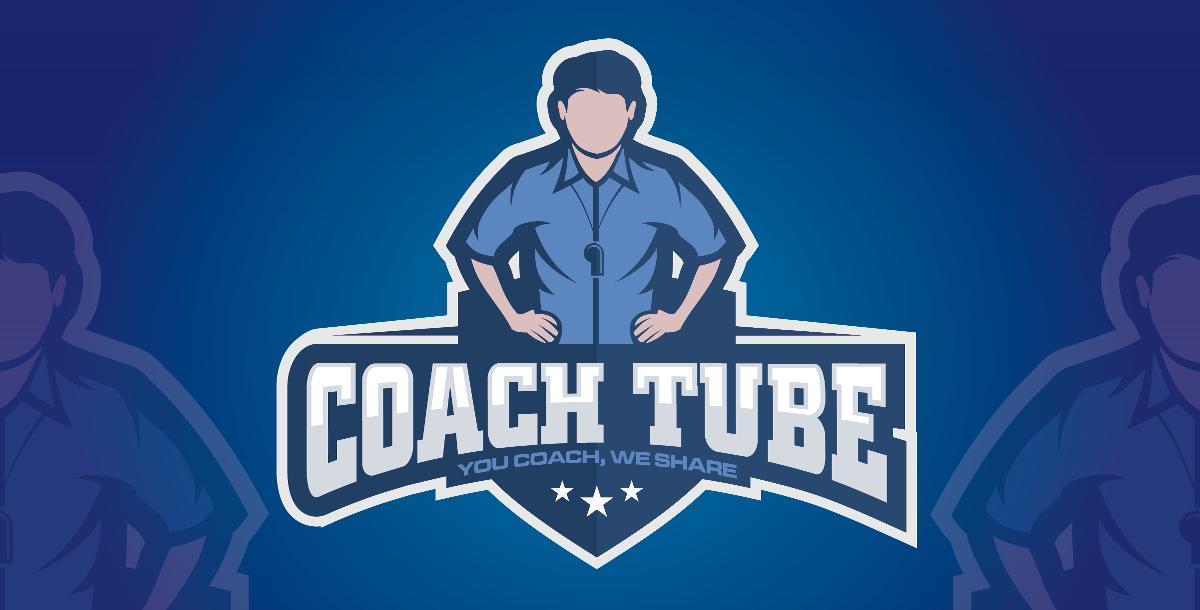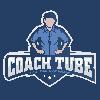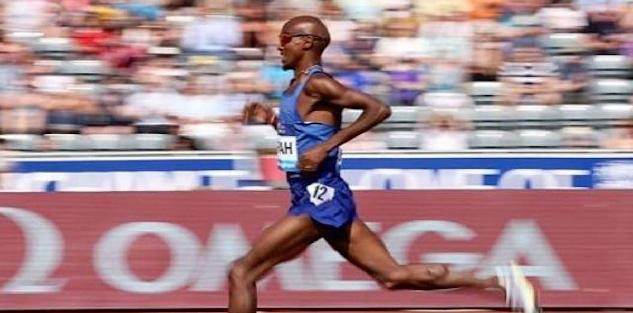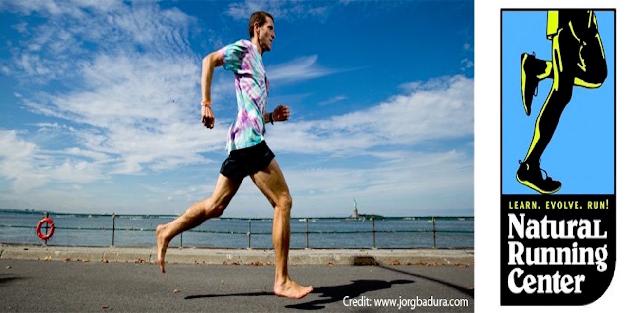Lessons
The Coach
Thomas Mueller was a self-described bench-warmer in all forms of sport. He was afraid of gym class in grade school (might fall off the trampoline), was cut from the B squad in high school basketball, then went out for and was subsequently cut from the hockey team in university. There was no sport in which Mueller excelled – until he stumbled into the world of endurance sport.
Mueller was overweight, sluggish, and consuming too much alcohol as part of his public relations lifestyle. He craved change and in the fall of 1983, purchased an inexpensive bicycle and began to ride and sporadically run. What started as a waddle soon turned to a jog and Mueller was motivated to enhance the experience. He began adhering to a low calorie diet and in the fall of 1983, transitioned from 213 pounds to his eventual weight of 165.Identifying with cycling and running created an edifying experience Mueller had never known.
The days of sitting on the bench and being identified as an inappropriate performer were over. In endurance sport, each day is an event and everyone who participates is the winner. Mueller entered his first race in 1984 and completed the 10 mile run and 30 mile bike segments. In the years following, Mueller found a deep passion for short course triathlon racing, marathon running, ultradistance running, road cycling and mountain biking. In the past 30 years, Mueller has completed over 150 endurance sport events. Some of his key accomplishments include six (6) finishes at the Mohican 100-mile run in Ohio, eight (8) finishes at the Ice Age 50-mile in Wisconsin, approximately seventy-five (75) marathon finishes (including New York, Chicago and the Marine Corps in D.C.) and two (2) completed Great Bicycle Ride Across Wisconsin tours.
On a professional and academic front, Mueller built an extensive career in business development through event and affinity marketing. He holds a journalism degree from the University of Wisconsin, a MBA from Otterbein University, and a PhD in Communication from the University of Florida. Mueller’s international experience began in the early 1980’s as a writer and photographer for Cycle News East, where he covered motorcycle sporting events in the United States and Europe.
Later, as part of his MBA study, Mueller participated in an international economics study in Helsinki, Finland and St. Petersburg, Russia. It was during this trip that Mueller drafted a topical paper on free-market Russia and the opportunities that have emerged since the country formed independent republics in 1991. He returned to Russia on an academic and business speaking tour the following year and traveled in the southwestern region of the country near Rostov-on Don. The tour interacted with students and business leaders in several communities. More recently, Mueller has participated in several University of Florida international study abroad programs.
Mueller opened a public relations agency and served the Wrangler Brand in Greensboro, NC. He was responsible for Wrangler’s promotional work in NASCAR with Dale Earnhardt, professional rodeo, and stadium Supercross motorcycle racing. He later opened Sport Management, Inc. and went on to sell and manage over $5 million in corporate sponsorships.Mueller was a marketing director at Mercury Marine and then became Director of Professional Competition for the American Motorcyclist Association. He earned an accredited sporting steward’s license with the International Motorcycling Federation and went on assignment for FIM business in South America and Europe. Mueller was also employed by Wasserman Media Group, a Los Angeles - based entertainment company. He was an account supervisor and was responsible for integrating Rally America auto sport racing into the ESPN X Games.
Mueller completed his PhD in 2009 and that same year assumed his current role as assistant professor in communication at Appalachian State University in Boone, North Carolina. He teaches a variety of courses in advertising, media planning, research, and the social effects of media.His research focuses on the psychological dimensions and related motivators among endurance sport, motorsport, corporate social responsibility and the university student loan process, among others.




